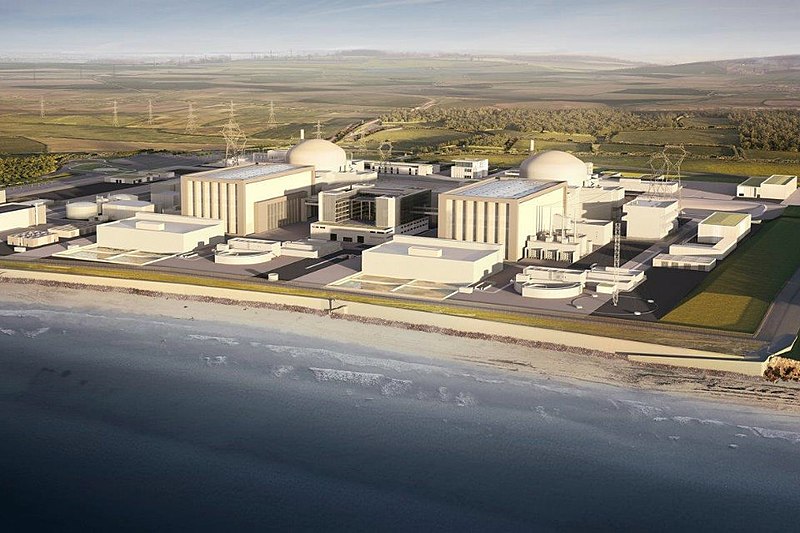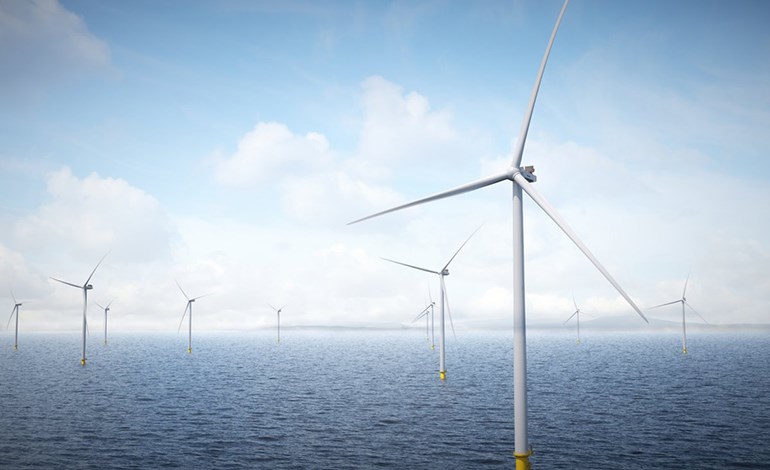August 14 NEC Energy News
¶ “Risks Of Further Delays At Hinkley Point C, EDF Warns” • EDF has admitted there is a risk of further delays to two nuclear reactors at Hinkley Point C due to construction setbacks. The French energy giants behind the new nuclear power station along the Somerset coast remarked last year that the plants may start 15 months late. [Somerset Live]

¶ “The US Passed A Major Climate Law One Year Ago. Here’s How It’s Going” • A year ago this week, the Inflation Reduction Act, the first major federal climate legislation in US history, was signed into law. The act is just the first step on the way for the US to meet its climate goals. But it has kicked off a stunning boom in clean energy. [Canary Media]
¶ “UK Biomass Strategy Won’t Stop The Destruction Of North American Forests” • The growing wood pellet industry, driven by UK demand, is damaging some of the most important forests on the North American continent, and the biodiversity they support. The UK government has a new Biomass Strategy, but it has very little in it to improve the situation. [CleanTechnica]
¶ “Vestas Turbine Sets World Record” • Vestas’s V236-15 MW prototype wind turbine set a world record for the most power output by a single unit. The Danish manufacturer’s wind turbine racked up 363 MWh in 24 hours. The prototype was installed at the offshore Østerild National test center for large wind turbines in Denmark, in December 2022. [reNews]

¶ “UK Homes Install ‘Record Number’ Of Solar Panels And Heat Pumps” • British households are making more green energy upgrades than ever before, installing a record number of solar panels and heat pumps. Industry figures show there were more green energy installations in June alone than in any six-month period in previous years. [The Guardian]
¶ “Why Haven’t Summer’s Extreme Heat Waves Caused Any Blackouts?” • Florida is set to experience heat index values of up to 115°F this week. Persistent, scorching temperatures covered much of the Southwest, expanding into the Midwest and Northeast in July. Record after record was broken, but so far, the grid has not failed. Why? Renewables. [USA Today]
For more news, please visit geoharvey – Daily News about Energy and Climate Change.
